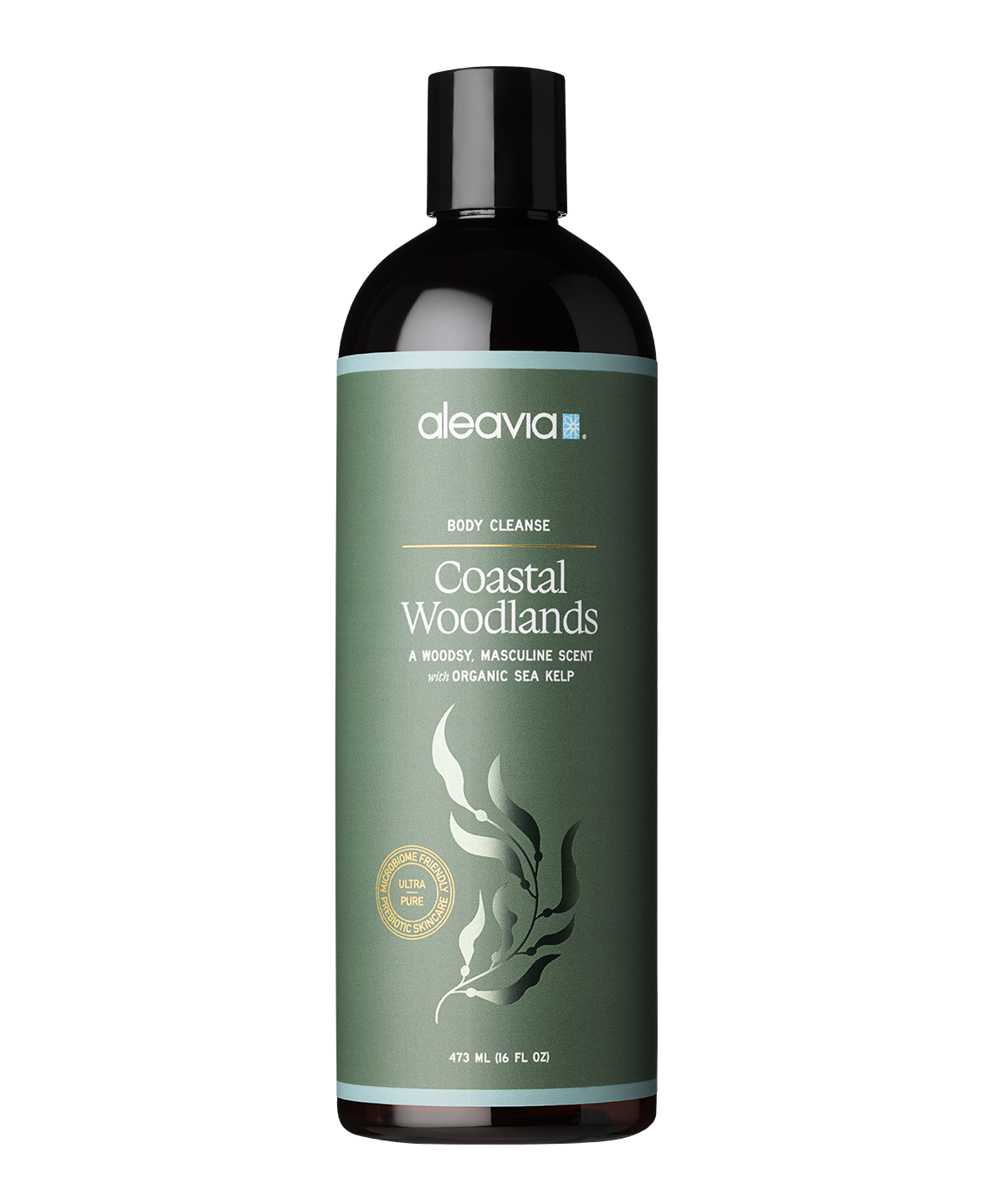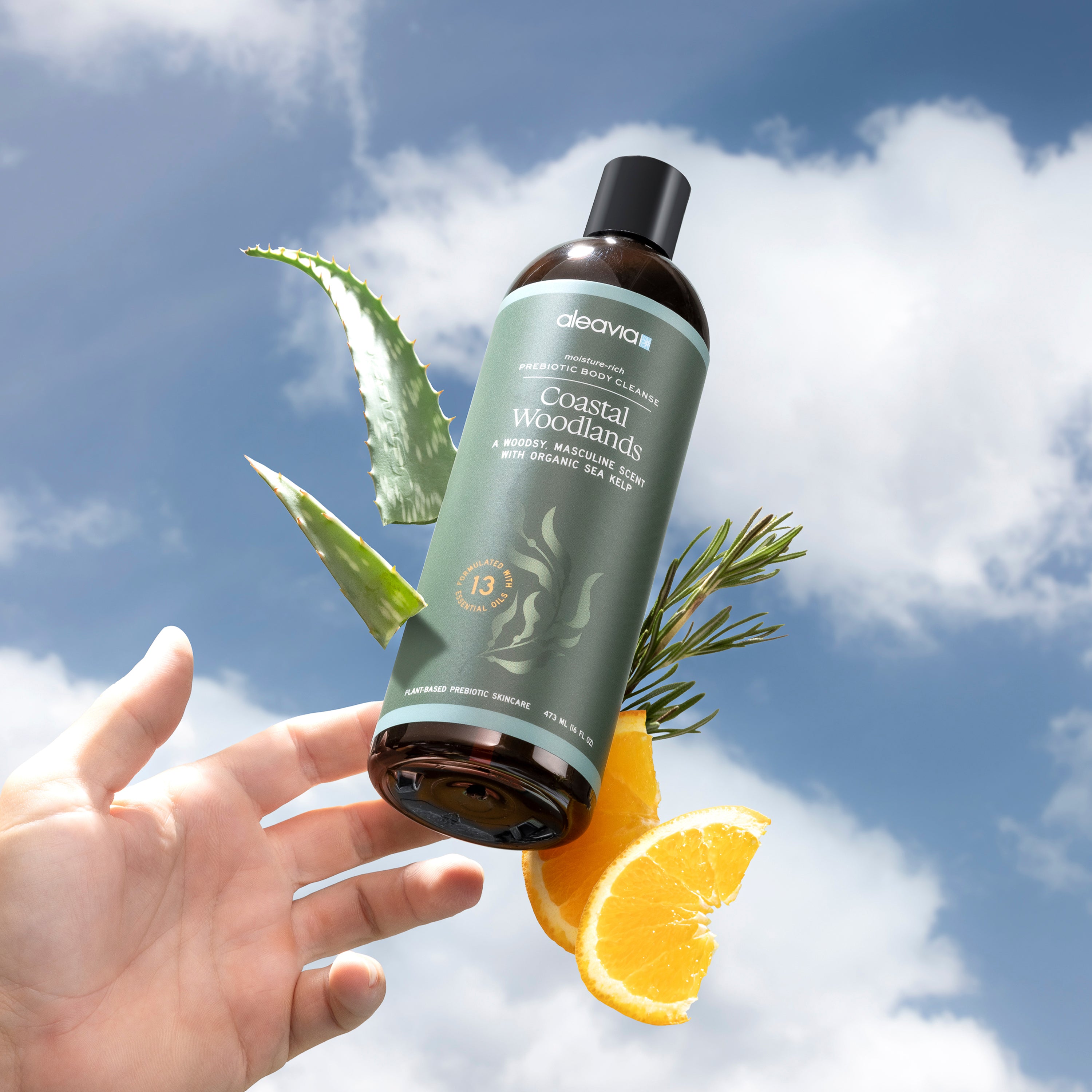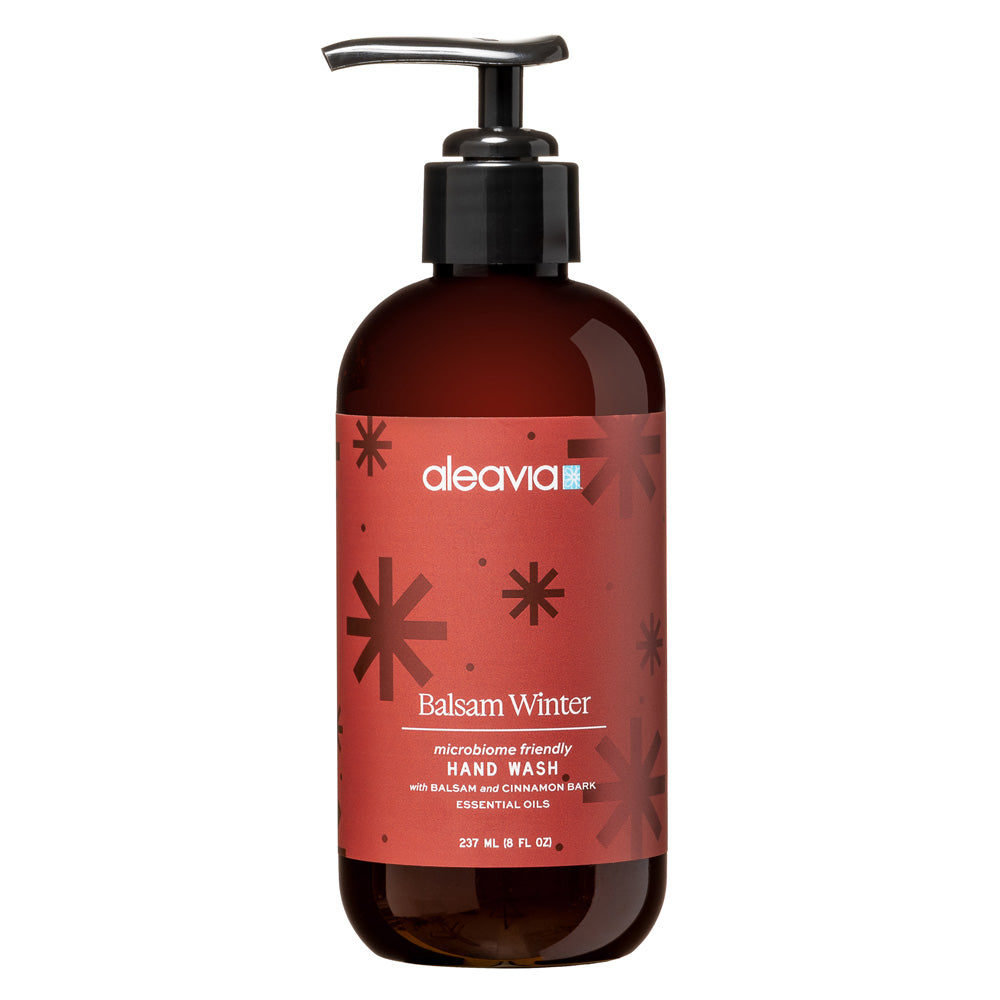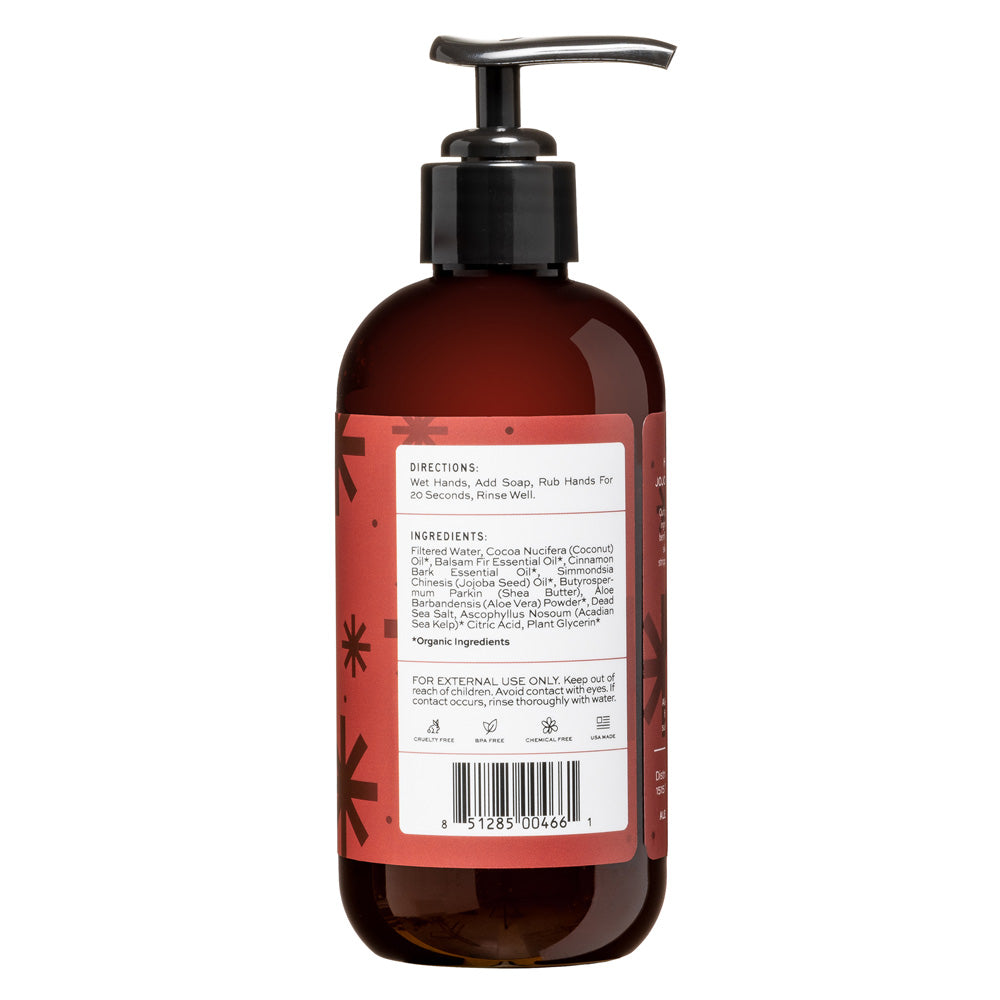Fir Balsam Oil
Fir Balsam Oil is an essential oil steam-distilled from the needles and branches of the balsam fir tree, native to North America. It has a crisp, forest-like scent and is rich in compounds like bornyl acetate, α-pinene, and camphene—all of which contribute to its soothing and purifying properties.
What is Fir Balsam Oil?
Distilled from steam, fir balsam oil has therapeutic compounds that are beneficial for the skin. Often used in skincare, aromatherapy, muscle balms, salves, and natural fragrances—it’s great for those with sensitive or irritated skin (when properly diluted), oily or acne-prone skin, dry, rough, or flaky patches, as well as stressed-out complexions.
How is Fir Balsam Oil used in skincare?
Fir balsam oil is most often found in:
- Balms and salves (especially for dry, irritated, or inflamed skin)
- Muscle rubs and body oils (thanks to its warming and anti-inflammatory properties)
- Aromatherapeutic facial oils or mists (for calming the mind and skin)
- Occasionally in natural deodorants or antibacterial formulations
It’s not as common in mainstream facial skincare as lavender or tea tree, but fir balsam oil is a favorite in natural and botanical skincare lines.
What are the benefits of Fir Balsam Oil for your complexion and skin microbiome?
Fir Balsam Oil (Abies balsamea) can be beneficial for your skin microbiome, when used thoughtfully and in low concentrations. Your skin microbiome is a living shield of bacteria, fungi, and other microbes that protect against harmful invaders, regulate inflammation, and support barrier repair. A healthy microbiome can lead to calm, resilient, and balanced skin!
Fir Balsam Oil is generally skin-microbiome-friendly when used diluted in properly formulated skincare, applied to non-broken, non-irritated skin and used as part of a barrier-supportive, non-stripping routine. Here’s how it can benefit your complexion:
- Anti-inflammatory & Calming: Chronic inflammation is one of the biggest threats to your microbiome. Fir oil contains bornyl acetate and α-pinene, which have strong anti-inflammatory properties, helping to calm redness and irritation, reduce barrier disruption and create a more stable home for healthy microbes.
- Antimicrobial Properties: It has natural antibacterial and antifungal effects, which can help prevent blemishes and support a healthier skin surface, especially on the body or breakout-prone areas. Because fir balsam oil is less aggressive than some other essential oils (like tea tree or oregano), it’s able to target harmful microbes without totally nuking your beneficial flora, when used in the right dose.
- Supports Skin Healing: Fir balsam oil contains resinous compounds that help stimulate tissue repair, making it useful for healing minor wounds, scrapes, or cracked skin.
- Barrier Support: By helping reduce oxidative stress and encouraging tissue repair, fir balsam oil may indirectly strengthen the skin barrier, which is vital for a thriving microbiome.
- Balances Oil & Detoxifies: Its gentle astringent nature can help tone the skin, reduce excess oil, and draw out impurities, which can improve clarity without being too drying.
- Boosts Circulation: Fir oil can help stimulate blood flow, giving the skin a subtle, healthy-looking flush and supporting nutrient delivery to the cells.






